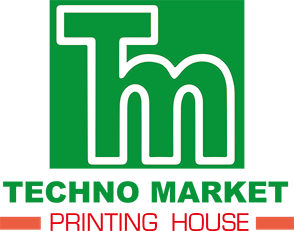Data exchange is the process of moving digital data from one medium or location to another. It is an important concept for many aspects of technology like communication, networking, and computer systems.
The information that is part of these two-way information exchanges adds benefits to businesses of all sizes, empowering them with unique opportunities for monetization and the potential to boost their growth. In the public sector, efficient exchanges can help agencies better understand citizen needs and improve the delivery of services.
Traditionally, three approaches have been used to transfer data between disparate systems and applications that include file transfer, direct database connection and remote procedure calls. These methods, however, require detailed understanding of the databases applications, as well as the systems that are to be used. They can also become complicated and challenging to use over time. Additionally, they could result in security and performance issues, making other options preferable.
To maximize the potential of data exchanges, businesses should concentrate their efforts on four main aspects. This includes ensuring that the data exchanged is accurate and complete, as well as relevant to business needs, leveraging advanced analytical capabilities to obtain valuable insights, and creating an efficient and secure viral2share.com/2022/01/04/the-benefits-of-document-management-workflows/ data platform to help commercial activities. A comprehensive approach is needed to build a platform that combines management, technical, and governance capabilities.
Once a platform has been put in place, the next step is to conduct market research to determine the segments of customers that are most likely to be targeted and then develop data products that are valuable. In addition, organizations must ensure compliance with the regulations governing data protection, and that data exchanges are efficient seamless, reliable, and secure.
